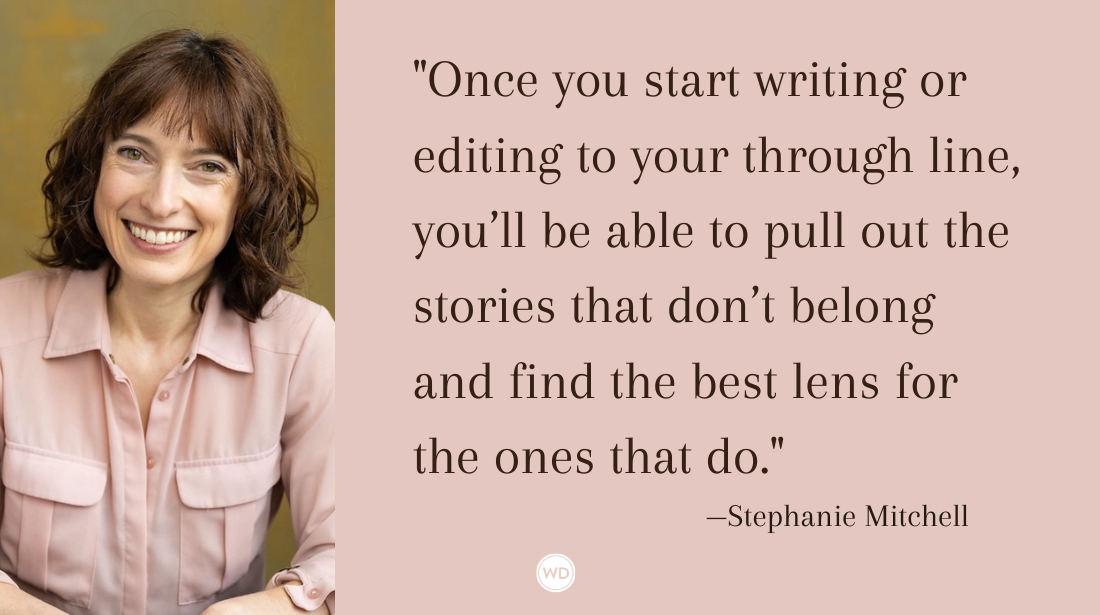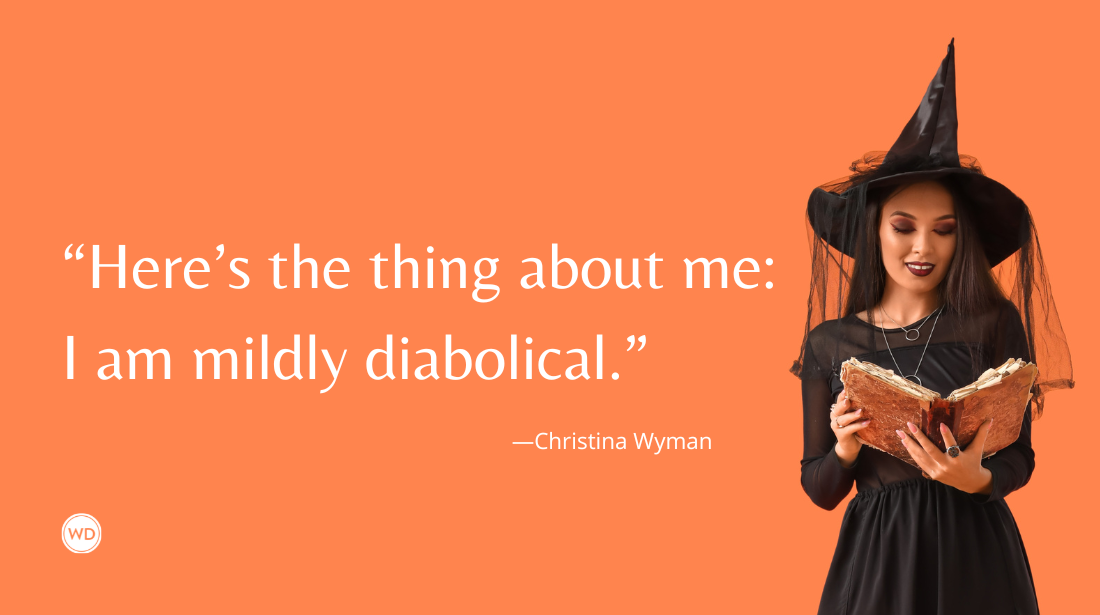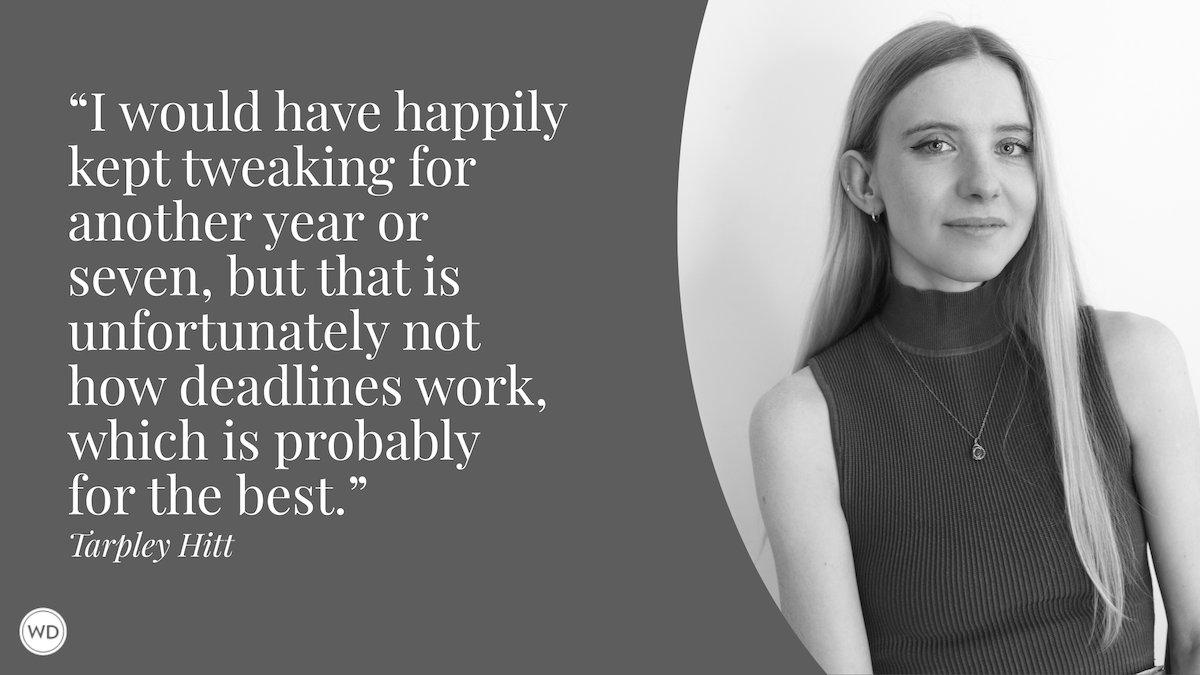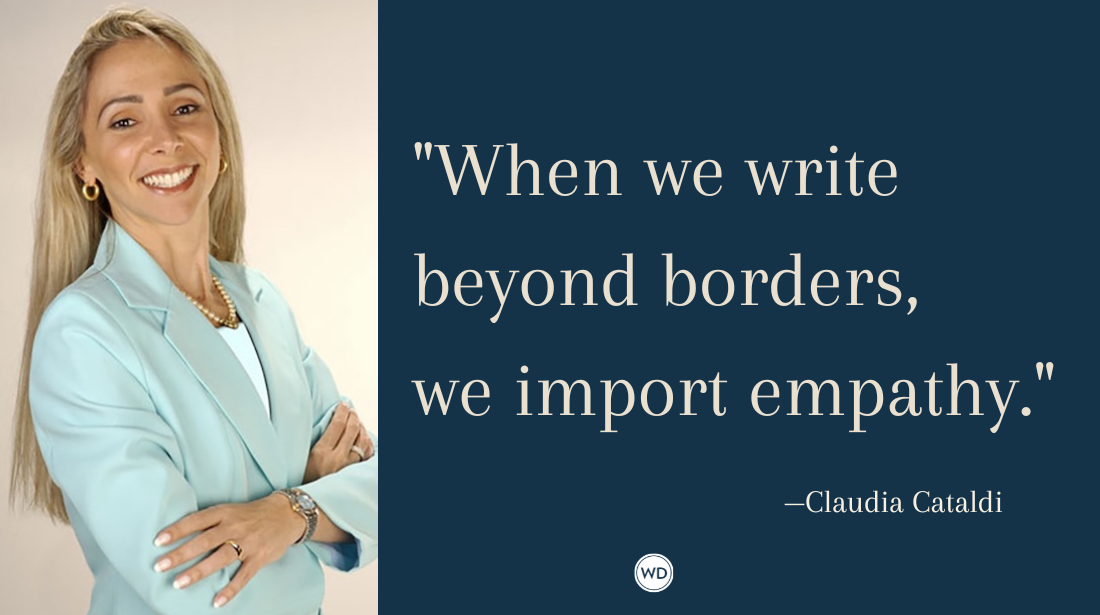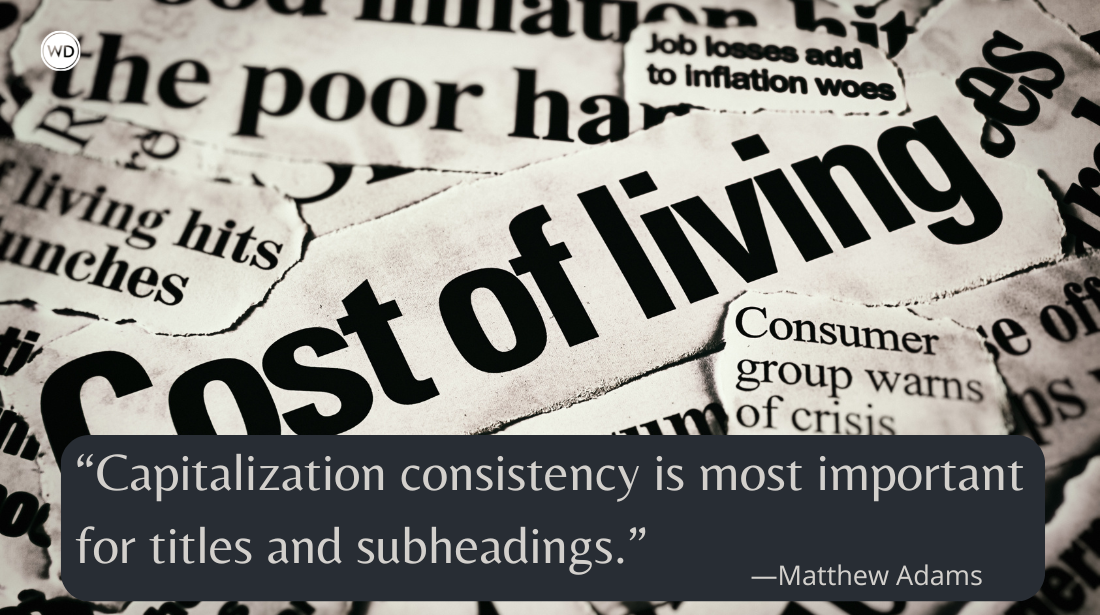How I Got My Agent: Tom McAllister
“How I Got My Agent” is a recurring feature on the GLA blog. Some tales are of long roads and many setbacks, while others are of good luck and quick signings. Tom McAllister is the author of Bury Me in My Jersey: A Memoir of My Father, Football, and Philly, which was released by Villard in May 2010. A graduate of the Iowa Writers’ Workshop, he is currently a lecturer in the English Department at Temple University.
"How I Got My Agent" is a recurring feature on the GLA blog. I find it fascinating to see the
exact road people took that landed them with a rep. Seeing the things people did right vs. what they did wrong (highs and the lows) can help other scribes who are on the same journey. Some tales are of long roads and many setbacks, while others are of good luck and quick signings.
Order a copy of Tom McAllister's Bury Me in My Jersey today.
Amazon
[WD uses affiliate links.]
ENTERING THE PROCESS BLINDLY
The primary reason I signed with my agent is that I’m a very impatient person. I started my search by being extremely selective. A friend of mine—older, much more ensconced in the publishing world—insisted that you need to have the right agent, by which he meant they had to be a big name who represented your favorite authors. I didn’t know if I agreed, and I had no idea what would make someone the right agent for me; I entered this process blindly.
Regardless, I decided to be picky—as if I were doing the agenting world a favor by offering them my manuscript—and I queried only four people at the biggest agencies (ICM, William Morris, etc.). Two and a half years later, I still haven’t heard back from them. After a couple months of silence, I widened the search to my “second tier,” an embarrassingly haughty term, considering I knew almost nothing about any of these people, besides what I’d culled from information online.
Nearly four months into the search, I got my first response. I was so excited to have someone acknowledge that my book and my query existed that I barely noticed I’d been rejected. It was the beginning, I assumed, of a flood of offers of representation. Shamefully, I admit to spending that night telling my wife that I didn’t know what to do if I had to choose between several agents. I don’t know exactly what I envisioned—agents clamoring to speak to me at all hours, like a big-time college football recruit, maybe—but if there’s one constant in the publishing world, it’s that this process is enormously humbling. Within a few weeks, everyone in my so-called second tier had rejected me, and the acquisitions editor at a smaller publisher (I’d contacted him through a mutual friend) told me the book read like an early draft, not ready for publication.
BROADENING THE SEARCH
At this point, I panicked and contacted about twenty more agents, the only criterion being that they accepted e-mail queries because a) I thought maybe they would work faster and b) as an adjunct professor, I couldn’t afford any more postage. Finally, two agents did ask to see partial manuscripts. One gave my book a lukewarm endorsement: “I think I could work with this,” he said, “But if you find someone else who likes it better, you really should go with them.”
There’s no need to go into the frustration and self-loathing and anxiety that accompany these kinds of encouraging rejections. After a while, when friends and family ask how you’re doing with the whole book-publishing thing, you really want to be able to show them more than kind rejection letters.
Still frustrated by having so many unanswered queries, I did a search for “quick agent rejections,” which led to some message board on which would-be authors were discussing agent response time. In this discussion, two agents’ names kept recurring. I queried both women, figuring it would be somewhat satisfying to at least be declined quickly. One set the world record for manuscript rejection by sending me a nice e-mail seven minutes after receiving my query. The other, Katherine Boyle of the Veritas Literary Agency in San Francisco, e-mailed the next morning, requesting the first hundred pages. Two days later, she asked for the rest of the manuscript.
A WONDERFUL REP
A week after she requested my pages, I signed a contract with her. Of course, I didn’t only sign with her only because she was quick and she liked my book. After an hour-long phone conversation, I felt comfortable with her and loved her enthusiasm. I did some more research on her and found that she was just as capable and accomplished as anyone else I'd queried.
I liked the vision she had for the book, and her revision suggestions made sense. I trusted her, essentially, even though she didn’t have a huge agency or any superstar clients, and she rewarded that trust by selling my manuscript to Villard within two months. Although I took a circuitous route to get there, I did feel like I’d finally found the right agent, even if I defined that term differently than my friend did.
Tom McAllister is the author of Bury Me in My Jersey:A Memoir of My Father, Football, and Philly, which was released by Villard in May 2010. A graduate of the Iowa Writers' Workshop, he is currently a lecturer in the English Department at Temple University. See his website here.





